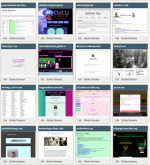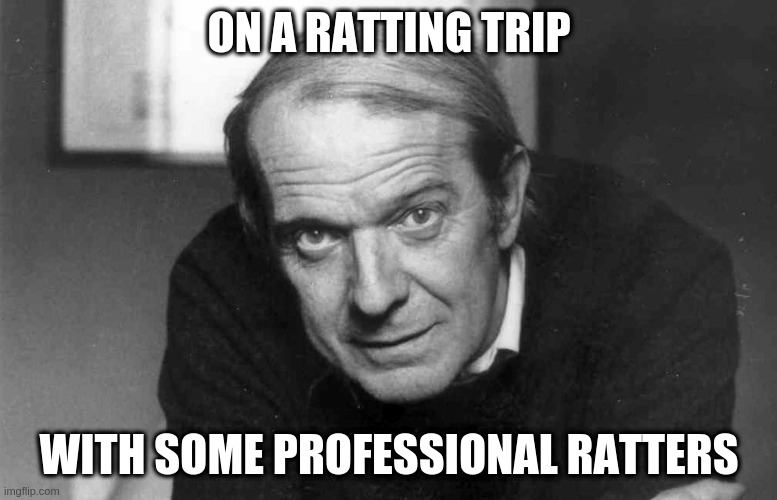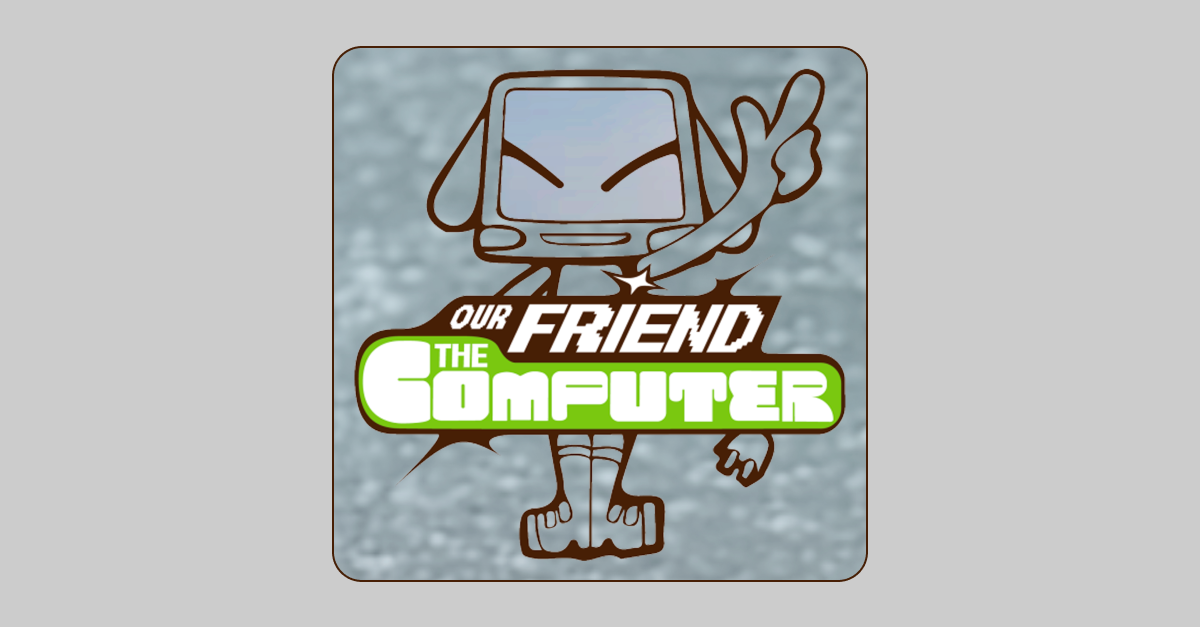'Close reading' was a common thing, across art and science, I believe. Close reading is a method of literary analysis which focuses on the specific details of a passage or text in order to discern some deeper meaning present in it. This means reading the same text over and over, word for word, almost fanatically, until it's in your bones. I think people practiced 'close reading' or 'close viewing' or 'close listening' to basically every subject. There was less to look thru, and less ways to access it, so I think it led to people sort of going over things with a very fine-toothed comb; reading the same books over and over, trying to extract new insights, which in turn would lead to innovation, since those insights you extracted probably weren't what the author was going for, but your own unique take on the matter. Like was said earlier; encyclopedias had rather limited information, which led to people 'filling their reports with opinions and critical examination instead of blindly rephrased quotes and lengthy reference sections'. (which seems to be what I'm doing here, lolw)
Today it seems almost like all the gaps are filled, which encourages complacency, or just dumps people in so much content that they can't make much of it. Even things like subculture or counterculture no longer get off the ground because every niche you can think of has already been covered. People who went punk back in the '70s say they did it because it felt like there was 'nothing for them' in the mainstream culture of the time, (as mentioned earlier;' ...there were only three or four TV channels, mostly with nothing you'd want to watch; only a couple of just-about-tolerable radio stations; no video stores or DVDs to buy; no email, no blogs, no webzines, no social media... ) All in all it was probably way easier to feel like you had hit a pop-cultural 'dead-end', that there was some 'gap' to be filled, and from there might come innovation.






